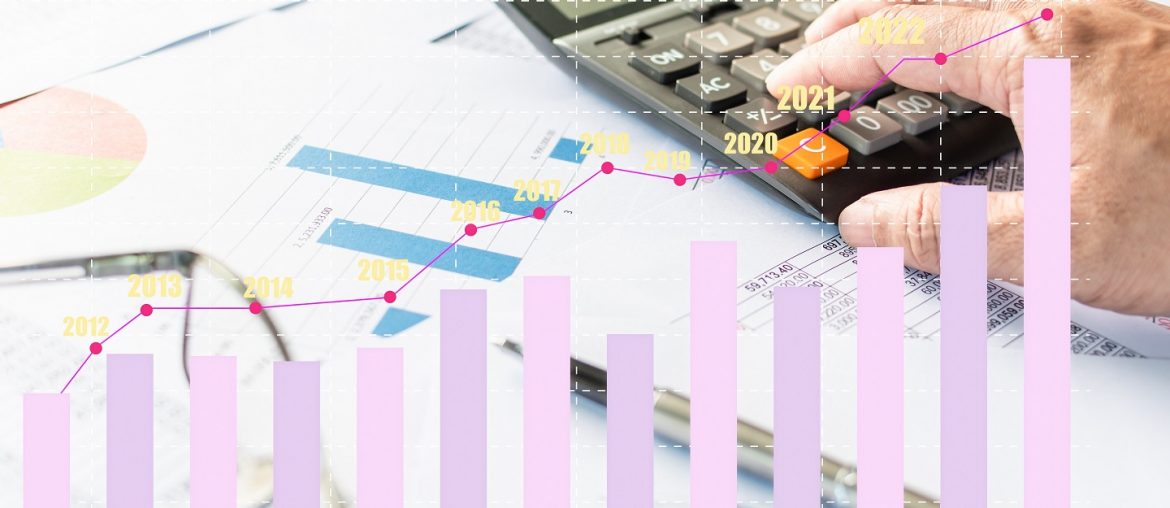The budget this year has brought forth many regulatory changes to have a good hold on the economy and maximize its growth. A number of initiatives have been taken to boost the economy by facilitating different sectors with various incentives and significant budget allocations. The real estate sector, on the other hand, is an exception. Although not in a terrible position right now, the real estate in the Fiscal Year of 2022-2023 could be in a vulnerable state due to both uncertainties in regulatory changes and certain regulatory changes. Here is what is new for real estate in the Fiscal Year of 2022-2023.
Withdrawal of untaxed money investing in real estate?

In FY 21, the government issued a bill in the parliament regarding the legalization of undisclosed money investing in real estate in an effort to save the sector from incurring losses. And soon after the green light from the government, over BDT 3,200 crores was invested in the sector during the first six months of FY 2020-21 alone.
In an estimation, a total of Tk 206 billion has come into the mainstream of the economy in 2020-21 using the opportunity. Out of this money, the government got over Tk 20 billion as revenue.
However, in this year’s budget, the government did not provide a clear explanation regarding the opportunity despite the urge from the experts. As a result, many people refrained from investing their untaxed money in real estate. It’s now remained to be seen whether the government allows people to use their untaxed money if the future or not.
Higher duties on construction material

The economic downturn due to back-to-back lockdowns has sent the real estate sector into disarray. As a result, it caused the raw material prices to spike upward and has begun to prompt hoarding.
It made it difficult to import scrap materials and similar necessary goods for producing steel, cement, and other construction materials.
In effect, it made a serious dent in the construction industry and it negatively impacted all the related ancillaries. This made the raw material price go up by several folds.
But the proposed budget for the financial year 2022-23 has the experts from REHAB (Real Estate and Housing Association of Bangladesh) rethink its effectiveness in light of higher duties on construction materials.
The government proposed increasing duties on elevators from Tk 11% to 19%, on cable from 5% to 10%, and proposed 20% duty on aluminum foil which was previously duty-free among other items. As a result, experts are estimating an overall flat price increase of Tk 1,000 per sft.
Now paired with a high registration cost of 12.5%, the future for the real estate industry is not looking very promising to say the least.
Detailed Area Plan 2016-2035

Although not directly connected with the budget, the issue with the provisions of the proposed Detailed Area Plan (DAP) 2016-2035 on the height of buildings is concerning. The plan is planned to be approved by the government within the FY 2022-2023.
In the proposed Building Construction Rules – 2021 in DAP, the maximum height of residential buildings has been fixed at 7-8 storey for Uttara, 6-8 storey for Gulshan, Banani and Baridhara, six-story for Khilkhet, Kuril and Nikunja, 4-7 storey for Mirpur, 5-8 storey for Mohammadpur and Lalmatia and 4-6 storey for Old Dhaka.
Also, previously, you could build an 8-storey building with 13,500 sft. livable space on a 5 katha land by a 20 feet road, but now according to the proposed Building Construction Rules – 2021, you can only build 9,000 sft. in that similar building.
This is an issue that can impact the industry in a negative way and concerned authorities should take this into consideration before approving the new plan, said the officials at REHAB in a briefing in late October last year.
Final thought
This year’s budget has brought forth a few regulatory changes in the real estate sector. Additionally, the uncertainties involving the withdrawal of untaxed money investing in real estate and higher duties on construction material are paired with the new DAP– if approved, can slow down the growth of the real estate in the Fiscal Year of 2022-2023.




